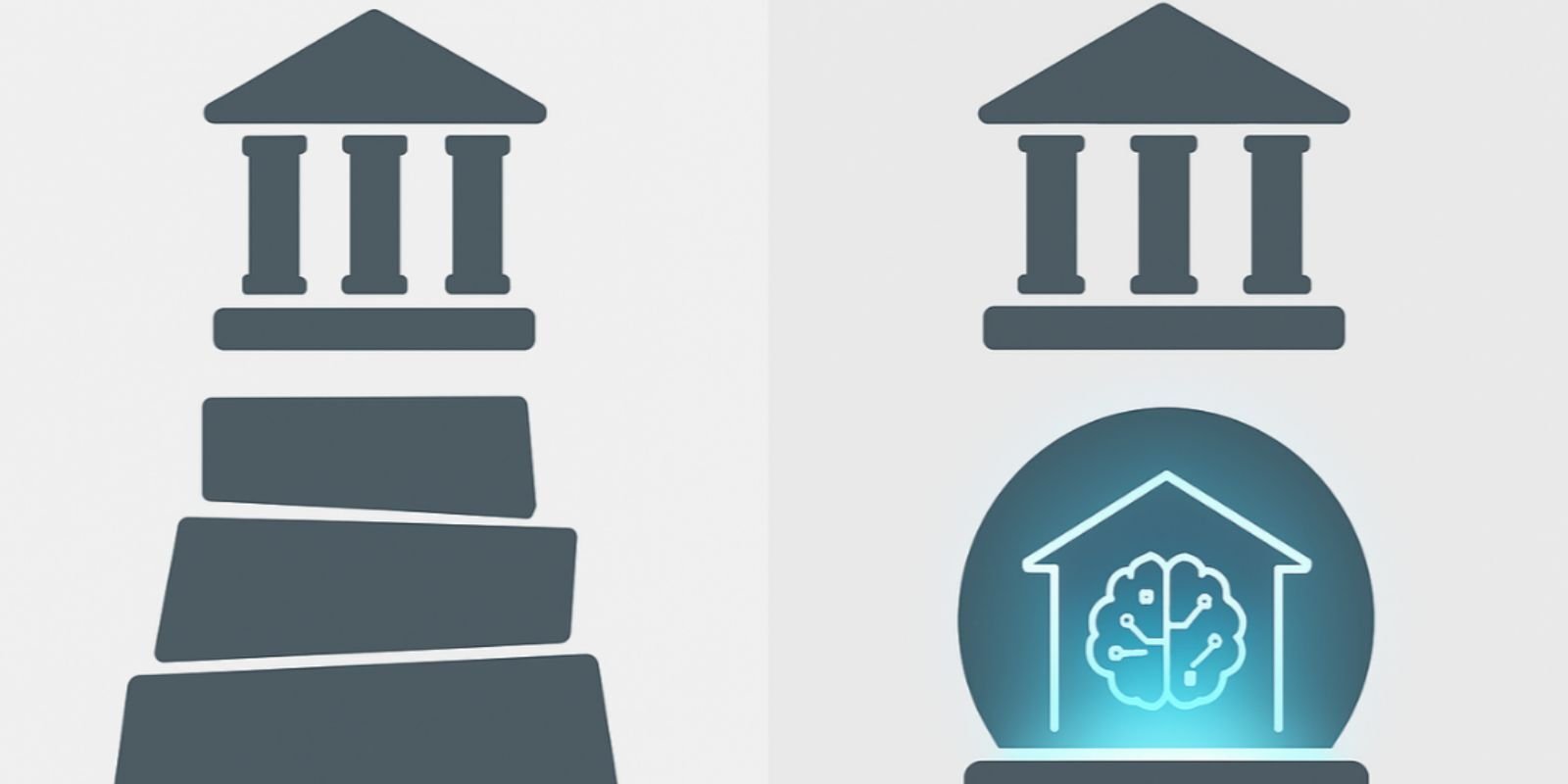Stablecoin Strategy: Next Steps for Financial Institutions
Adapting to the digital currency landscape in the wake of JPMorgan’s Announcement
Navigate this high stakes process with precision.
A solution delivering fast, efficient, and accurate core data.
Digital solutions to grow, scale, and outperform.
Reliable, efficient, and integrated core platforms deliver results.
Select modern communications channels to integrate with core and digital solutions.
Strategic Planning
Support services for the strategic planning process at every level.
M&A Planning
Realize the key value drivers resulting from your merger or acquisition.
Performance Benchmarking
Tailored metrics and benchmarks designed to assess relationships.
Organizational Efficiency
Enhance efficiency across branches, digital channels, and contact centers.
A digital library of industry news, analysis, best practices, and thought leadership tailored to the challenges and opportunities faced by financial institutions.
Our in-depth analysis of conversion strategies, M&A activity, and the evolving landscape of financial services.
A podcast channel for the time-constrained banking professional delivering sharp insights on fintech, strategy, and leadership to help you stay ahead in a fast-changing financial world.
For 360fi Workflow clients only. Sign in to access the workflow library and other guides, forms, and tutorials.
1 min read
 Ted Hassenfelt
:
8/29/24 9:23 AM
Ted Hassenfelt
:
8/29/24 9:23 AM

Open banking may be getting more... open. In October 2023, the CFPB proposed new rules under section 1033 of the Dodd-Frank Act that could significantly alter the financial services landscape. The proposed rule would give consumers the right to access their financial data and authorize third parties to obtain it on their behalf. As the industry moves toward a more open banking framework, understanding the proposed ruling and its implications is essential for your financial institution to remain compliant, manage risks, and continue to evolve.
Under the proposed rule, data providers (banks and credit unions) will be required to make covered data available to consumers and authorized third parties. This data includes transaction information, account balances, tokenized identifiers, routing numbers, upcoming bill information, and basic account verification information, to name a few. The data provided must be shared in a standardized format that is easily accessible to the requesting party and financial institutions may not institute fees for providing such information.
It is no secret that consumers continue to demand more access to their information. In today’s digital age, they expect the same level of transparency and control over their financial data as they have with other aspects of their lives. By offering greater transparency, financial institutions can build trust, enhance customer/member relationships, and differentiate themselves in a competitive market.
While this proposal will both empower consumers and foster innovation, it will also present significant challenges for financial institutions, particularly in terms of compliance and data security. Your IT, compliance, and security teams will need to be prepared, as the data shared may bypass existing systems designed to protect sensitive information. Legacy systems may also pose a challenge, as integrating and delivering data to the end point could become more complex due to this ruling. Finally, banks and credit unions will need to be ahead of any legal and regulatory risks that may come into play, especially those that affect the Fair Credit Reporting Act, Electronic Fund Transfer Act, and the Gramm-Leach-Bliley Act.
Financial institutions must be proactive in preparing for the proposed changes brought about by Section 1033. Embrace the opportunity to modernize and improve by enhancing your data infrastructure, prioritizing security, and privacy, and educating your customers/members. Furthermore, equip your team with the knowledge and resources they need to prepare for the implications of this ruling.
The proposed CFPB Section 1033 presents challenges and opportunity for the financial services industry. Moving forward will require balancing the complexities of security and compliance with the need for innovation. This development represents a significant shift towards greater openness in banking.

Adapting to the digital currency landscape in the wake of JPMorgan’s Announcement
.jpg)
The regulatory landscape is shifting once again, and this time interchange is in the spotlight. The Interchange Fee Prohibition Act, introduced in...

Financial institutions keep talking about "adding AI" to their operations. Installing chatbots. Deploying fraud detection models. Automating...